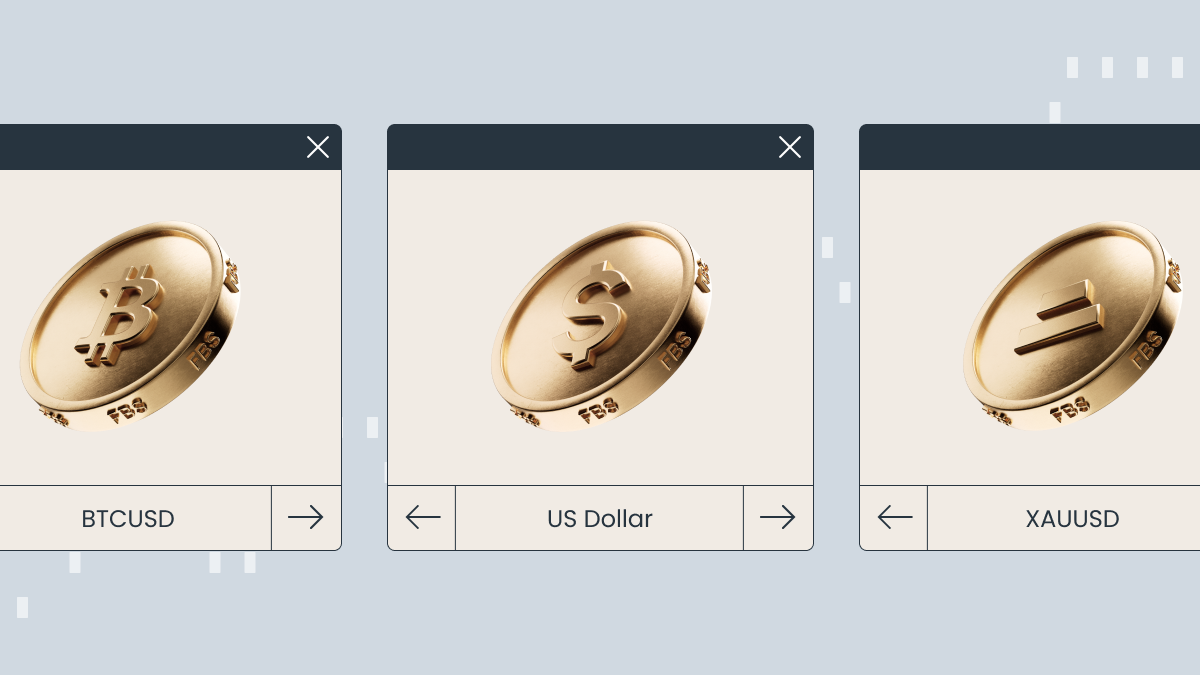Popular investment products: a quick guide
The world of investment products is vast, so everyone can find an asset class that serves their financial purposes.
Stocks & ETFs: higher profits, higher risks
Become a shareholder with a stock investment account: you’ll be able to buy, sell, and hold stocks and other securities, such as ETFs (exchange-traded funds), mutual funds, bonds, and options. It provides access to the stock market, allowing you to grow your wealth by trading or investing any time the stock market is open. However, there are certain risks that come with high potential returns — the stock market can be very volatile.
Exchange-traded funds, or ETFs, are like a basket of stocks in one investment. You can buy a single ETF that tracks an index, sector, or market, which brings you instant diversification and lowers your risk of losses. For example, the S&P 500 ETF (SPY or VOO) tracks the S&P 500 index of the biggest U.S. companies, including Apple, Microsoft, and Tesla. ETFs are generally less risky than stocks and can be traded during the trading day.
Mutual funds: low effort, long-term investing
Mutual funds are professionally managed portfolios — you don’t have to be a pro investor to hold one. Instead of just tracking an index like ETFs do, fund managers decide which stocks, bonds, or other assets to include. For example, Fidelity Contrafund (FCNTX) and Vanguard Total Stock Market Index Fund (VTSAX) are popular mutual funds that are great for diversification and long-term investment.
Another feature of mutual funds is that they don’t trade on an exchange and are valued at the end of the trading day, unlike stocks and ETFs. Mutual funds and ETFs can either passively track indices, such as the S&P 500 or the Dow Jones Industrial Average, or can be actively managed by professionals.
Bonds: fixed income for stability
Buying a bond is essentially lending money for a set period (a bond term) for an interest. You get paid the original amount of the loan plus interest when the term is up. Types of bonds include:
Government bonds like U.S. Treasury bonds (great for cautious investors who aim to invest long-term).
Corporate bonds like Apple, Microsoft, etc. (come with slightly more risk).
